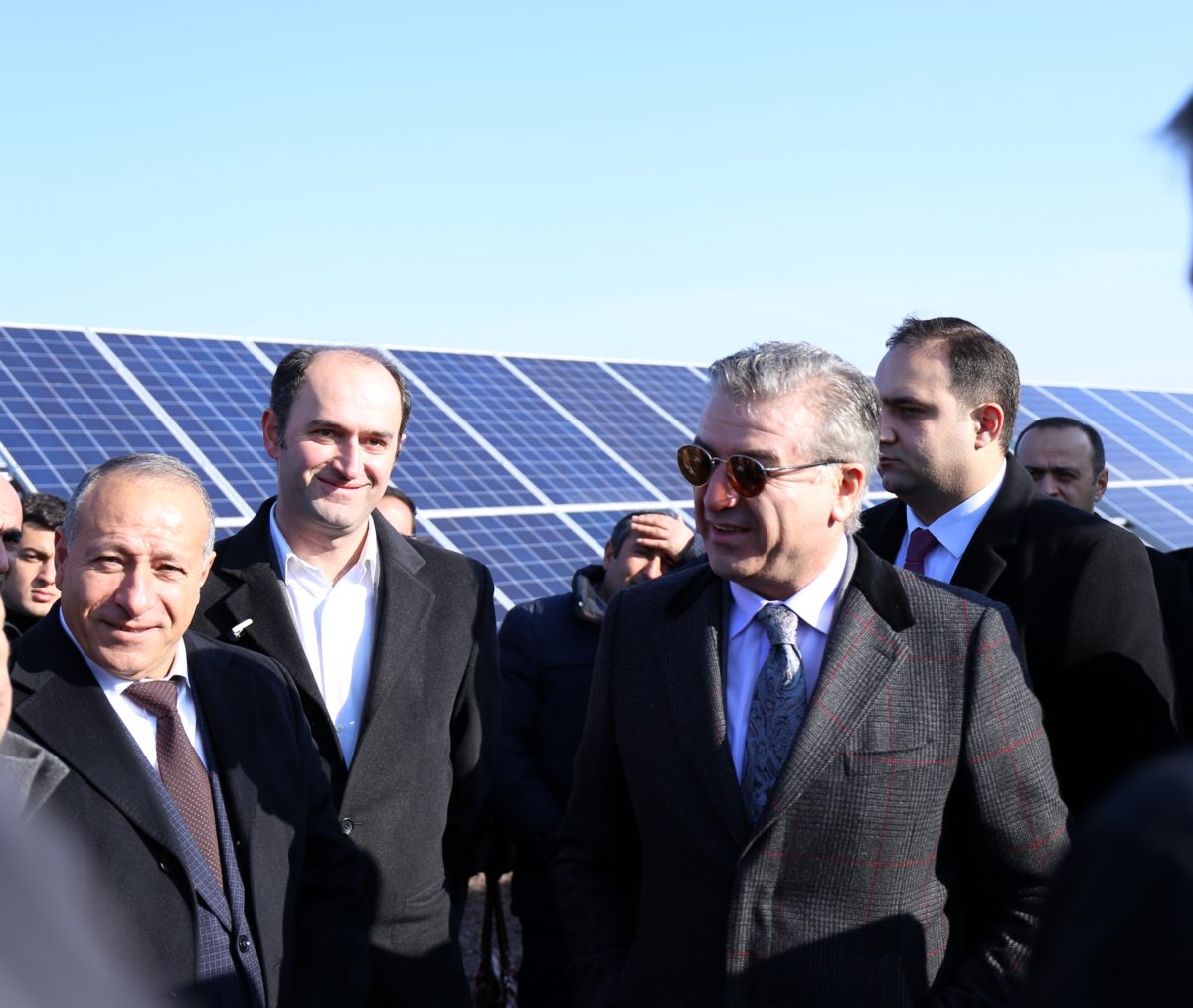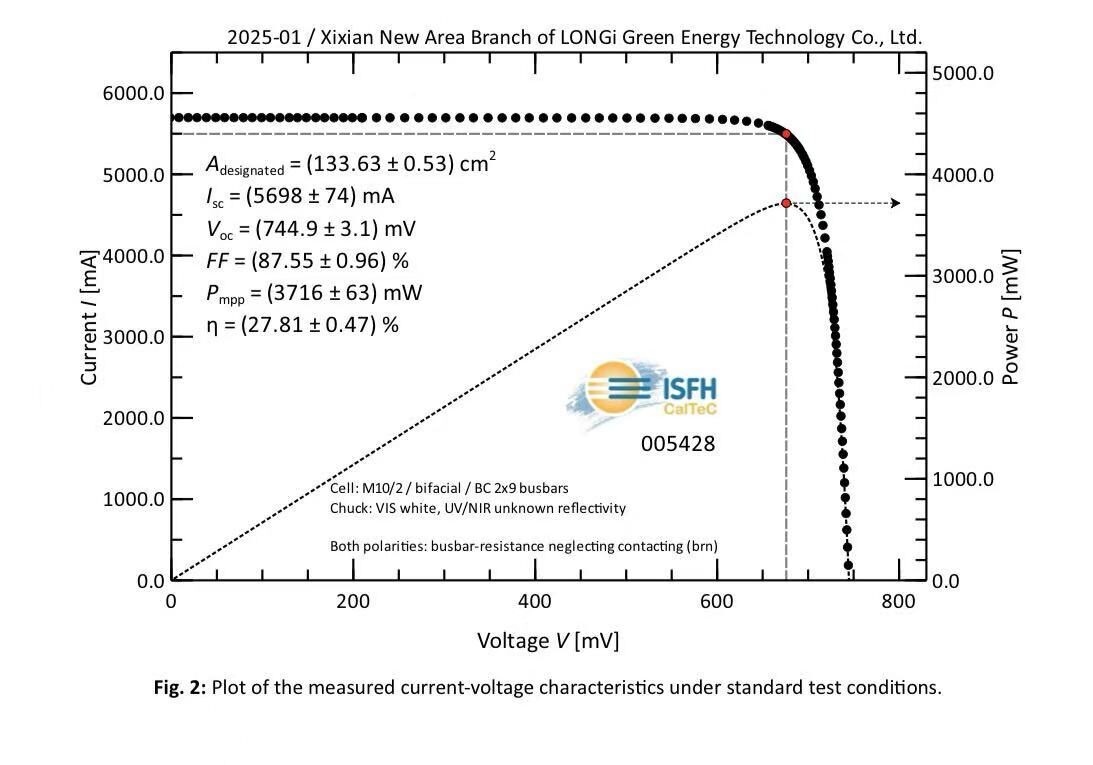Work has been completed on Armenia’s third large-scale solar PV plant. Shtigen LLC commissioned the 1 MW project two days ago in the presence of Armenia’s Prime Minister, Karen Karapetyan.
The plant is said to consist of 3,124 polycrystalline solar panels and 37 solar inverters; and is expected to generate up to 1,600 kWh of electricity annually.
According to the Ministry of Energy Infrastructure and Natural Resources, the project is located in the Shenik community of Armavir Marz, and was built in cooperation with Shtigen, Baghramyanshin and ACBA Leasing. About $800,000 was invested, it added.
Under a special tariff regime introduced by the Armenia Public Services Regulatory Committee (PSRC) in December 2016, which supports projects between 150 kW and 1 MW in size, the government issued 11 licenses worth 10 MW.
Spokesperson for Shtigen, Ani Aghajanyan, tells pv magazine the company was awarded 3 MW of this total. While 1 MW has just been commissioned, several more projects are in the pipeline.
Founder and CEO, Hayk Shekyan adds that two projects, totalling 1 MW and 580 kW, respectively, will be commissioned in 2018. The generated electricity for the current operational project is being sold for around $0.088/kW, he says.
All of the projects have owners, continues Shekyan, which are taking advantage of credit facilities provided by German development bank, KfW. As a rule of thumb, owners invest between 20 to 30% of total project costs, he says.
The first 1 MW plant was realized this October by Energo Invest Holding, while Arpi Solar announced the completion of work on the second at the start of this month.
The Ministry of Energy Infrastructure and Natural Resources said on its website that another 8 MW are currently under construction, with commercial operation expected in 2018.
Utility-scale plans
Hayk Shekyan says the Armenian Government will open additional quotas for utility-scale PV plants in 2018. “According to the Prime Minister of Armenia they will have a price of 0.05$ for one kWh,” he says. He could not say how big the quotas are expected to be, however.
In May, the country announced a tender mechanism for large-scale plants, under which six PV projects totaling 110 MW would be developed, as part of its six-year, $58 million solar program.
Of this, a tender for a 55 MW project was published, which attracted 21 bids from international parties, 10 of which pre-qualified.
The utility-scale project will be located in Masrik, Gegharkunik province, eastern Armenia, and will require an investment of between $40 million and $60 million, said the country’s Minister of Energy Hayk Harutyunyan in June.
“Preference will be given to the company that presents the lowest and most competitive price proposal,” he added.
Aghajanyan says that only companies with an existing portfolio of 100 MW or more, and that have executed at least one 50 MW plant, were able to submit a proposal for the tender.
As such, Armenia’s domestic companies cannot participate, without forming a consortium. He says Shtigen “intends to develop a consortia with global solar companies to implement the Masrik project.”
Shekyan adds that they are currently in talks with some of the 10 developers that have pre-qualified for the tender. The result of the tender is expected in the first half of 2018.
At the start of December, Arpi Solar said it was gearing up to begin work on a 55 MW solar PV plant in Masrik “very soon”. No further details were available and the company could not be reached for comment.
This content is protected by copyright and may not be reused. If you want to cooperate with us and would like to reuse some of our content, please contact: editors@pv-magazine.com.




By submitting this form you agree to pv magazine using your data for the purposes of publishing your comment.
Your personal data will only be disclosed or otherwise transmitted to third parties for the purposes of spam filtering or if this is necessary for technical maintenance of the website. Any other transfer to third parties will not take place unless this is justified on the basis of applicable data protection regulations or if pv magazine is legally obliged to do so.
You may revoke this consent at any time with effect for the future, in which case your personal data will be deleted immediately. Otherwise, your data will be deleted if pv magazine has processed your request or the purpose of data storage is fulfilled.
Further information on data privacy can be found in our Data Protection Policy.